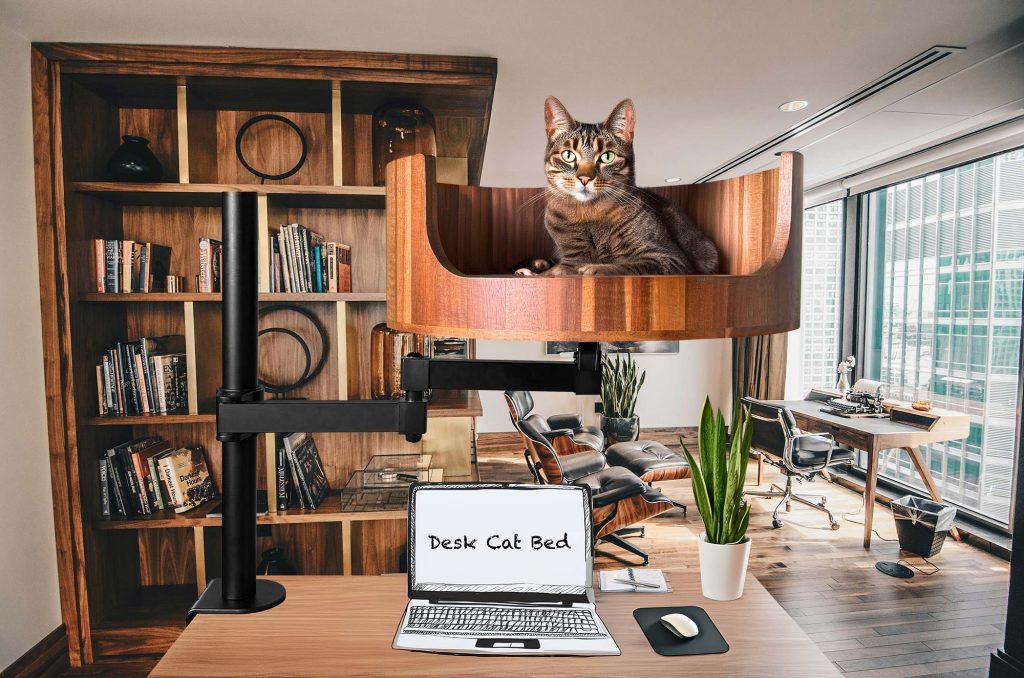Have you ever wondered why cats seem to go crazy for catnip? This seemingly innocent herb can turn your calm feline friend into a wild and playful creature in a matter of seconds. Understanding feline behavior is crucial in deciphering this peculiar phenomenon, and uncovering the reasons behind why cats eat catnip can shed light on their complex nature.
In this article, we will delve into the world of cat behavior and explore the reasons why cats are drawn to catnip. From the science behind how catnip affects your cat’s brain, to the evolutionary reasons why cats have developed a fondness for this herb, we will uncover the mysteries behind this common feline behavior. By understanding why cats eat catnip, we can gain insight into their instincts and preferences, ultimately strengthening the bond between humans and our beloved feline companions. So sit back, relax, and get ready to embark on a journey into the fascinating world of feline behavior.
1. Catnip contains a compound called nepetalactone which triggers a reaction in cats’ brains, causing them to exhibit playful or calm behaviors.
2. Not all cats are affected by catnip, as sensitivity to the compound is genetic and around 50-75% of cats are responsive to it.
3. Catnip can be used as a tool for enrichment and stress relief for cats, encouraging play and exercise.
4. It is safe for cats to consume catnip in moderate quantities, but too much can cause temporary behavioral changes.
5. Understanding how catnip affects feline behavior can help cat owners provide a stimulating environment for their pets.
What is Catnip and How Does it Affect Cats?
Catnip, scientifically known as Nepeta cataria, is a herb that belongs to the mint family. It contains a compound called nepetalactone that triggers a unique response in cats. When cats come into contact with catnip, whether by smelling, eating, or rubbing against it, they may exhibit behaviors such as rolling, rubbing, drooling, or meowing. These reactions are believed to be the result of the nepetalactone mimicking a natural feline pheromone.
Why Do Cats Eat Catnip?
Despite its name, not all cats eat catnip; in fact, only about 50-70% of cats have a genetic predisposition to respond to this herb. For cats that do eat catnip, it may induce a different effect compared to smelling or rubbing against it. Eating catnip can lead to a more intense reaction, causing some cats to become hyperactive or exhibit aggressive behavior. Ingesting catnip is not harmful to cats, and the effects typically last for a short period of time.
Understanding Feline Behavior and the Role of Catnip
Catnip is often used as a tool for enrichment and stimulation in a cat’s environment. It can be beneficial for indoor cats who may lack opportunities for natural hunting and exploration. By providing cats with catnip toys or plants, owners can encourage exercise, mental stimulation, and play. Additionally, catnip can be used to help alleviate stress or anxiety in cats, as the euphoric effects of nepetalactone can have a calming effect on some felines.
Case Studies and Examples of Catnip’s Effects
There have been numerous studies conducted on the effects of catnip on feline behavior. For example, researchers have found that catnip can trigger play behaviors in cats, increasing their activity levels and engagement with their environment. In shelters, catnip is often used to help reduce stress in cats awaiting adoption, making them more sociable and approachable to potential adopters. Overall, catnip serves as a valuable tool for understanding and enhancing feline behavior in various contexts.
Frequently Asked Questions
Why do cats eat catnip?
Cats eat catnip because it contains a compound called nepetalactone that affects cats’ behavior when they smell or eat it. It acts as a stimulant, causing temporary changes in behavior such as increased activity, rolling, and rubbing.
Is it safe for cats to eat catnip?
Yes, catnip is safe for cats to eat in small quantities. Eating catnip usually only results in mild gastrointestinal upset, and most cats will self-regulate their intake effectively.
Can cats become addicted to catnip?
Cats cannot become physically addicted to catnip. While they may develop a preference for it, they will not experience withdrawal symptoms if deprived of catnip.
Will my cat still be interested in the Desk Cat Nest if they have access to catnip?
Yes, cats may still be interested in the Desk Cat Nest even if they have access to catnip. The Desk Cat Nest provides a comfortable and secure space for your cat to rest and play, which can be appealing regardless of their exposure to catnip.
In conclusion, providing your cat with a Desk Cat Bed can be a valuable choice to help with their catnip consumption. The comfortable and cozy design of the bed will create a calming environment for your cat, reducing their stress levels and potentially decreasing their desire to seek out catnip as a form of stimulation. Additionally, having a designated space for your cat to relax and unwind can help to enhance their overall well-being and promote healthier habits. Invest in a Desk Cat Bed today to give your feline friend a safe and comfortable space to call their own.


